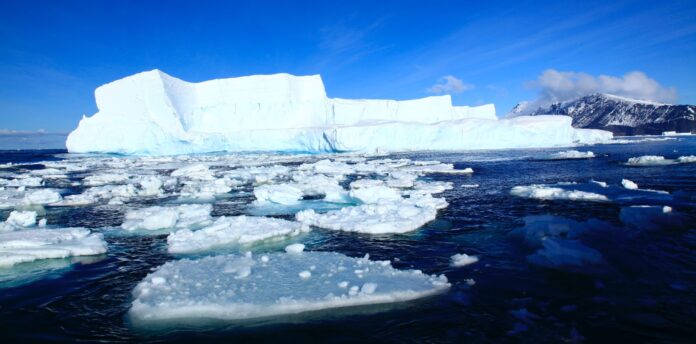Climate change is an ongoing phenomenon that has been affecting the planet for centuries. It refers to the long-term changes in temperature, precipitation patterns, and other weather-related phenomena that are caused by human activities. Climate change has already caused many well-known changes, and we can expect even more in the future. Here are some of the most significant climate changes we have experienced and those we can expect to face:
- Rising temperatures: Global temperatures have been rising steadily over the past century, and this trend is expected to continue. The 10 warmest years on record have all occurred since 1998, and 2020 was tied with 2016 as the warmest year on record.
- Melting glaciers: Rising temperatures have caused many of the world’s glaciers to melt at an alarming rate. Glaciers are important sources of freshwater for many communities around the world, and their loss can have severe consequences.
- Sea-level rise: As glaciers and ice caps continue to melt, sea levels are rising. This has already caused coastal flooding and erosion, and it threatens to displace millions of people in the coming decades.
- Extreme weather events: Climate change has been linked to an increase in extreme weather events such as hurricanes, heatwaves, droughts, and wildfires. These events can cause devastating damage to communities and ecosystems.
- Ocean acidification: As the concentration of carbon dioxide in the atmosphere increases, more of it is absorbed by the oceans. This has caused ocean acidification, which can harm marine life and disrupt entire ecosystems.
- Changes in precipitation patterns: Climate change is altering precipitation patterns around the world. Some regions are experiencing more frequent and intense rainfall, while others are experiencing prolonged droughts.
- Loss of biodiversity: Climate change is causing the loss of biodiversity around the world. As habitats change, many species are unable to adapt, leading to extinctions and a loss of ecosystem services.
- Food insecurity: Changes in temperature and precipitation patterns can have severe impacts on agriculture, leading to food insecurity in many regions.
- Public health impacts: Climate change can also have severe impacts on public health. Heatwaves, for example, can cause heat exhaustion and heatstroke, and the spread of vector-borne diseases such as dengue fever and malaria can be exacerbated by changes in temperature and precipitation patterns.
Looking to the future, we can expect many more changes as a result of climate change. The most important thing we can do is to reduce our greenhouse gas emissions and work to mitigate the impacts of climate change. This will require a concerted effort by individuals, businesses, and governments around the world. By working together, we can help to ensure a sustainable future for ourselves and future generations.
Efforts to address climate change are being made at various levels, from individual actions to international agreements. At the individual level, people can make changes in their daily lives such as reducing energy use, eating a plant-based diet, and using sustainable modes of transportation. At the business level, companies can adopt sustainable practices such as using renewable energy, reducing waste, and promoting environmentally friendly products. Governments can also take action by implementing policies that encourage the transition to a low-carbon economy, investing in renewable energy, and supporting research and development of new technologies.
International agreements such as the Paris Agreement are also important in addressing climate change. The Paris Agreement is a legally binding treaty signed by 197 countries that aims to limit global warming to well below 2 degrees Celsius above pre-industrial levels. It requires countries to submit nationally determined contributions (NDCs) outlining their emissions reduction targets and efforts to adapt to the impacts of climate change.
Despite these efforts, the effects of climate change will continue to be felt for decades to come. However, taking action now can help to reduce the severity of these impacts and ensure a more sustainable future. In addition, addressing climate change can also provide co-benefits such as improved public health, job creation, and increased energy security.
Climate change is an ongoing phenomenon that has already caused many well-known changes and will continue to do so in the future. It is essential that we take action to reduce our greenhouse gas emissions and mitigate the impacts of climate change. By working together, we can help to ensure a sustainable future for ourselves and future generations.
Photo by Danting Zhu on Unsplash
Views: 63






